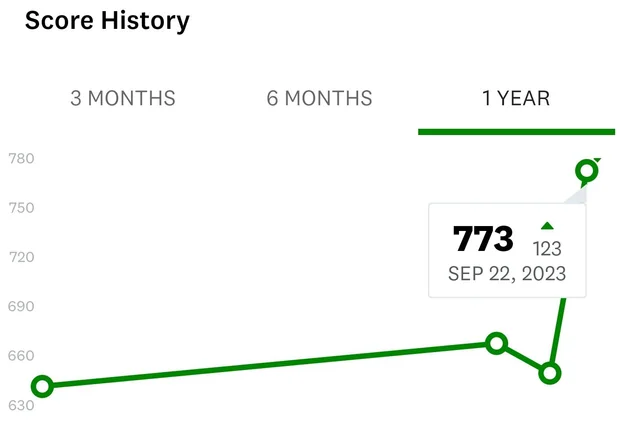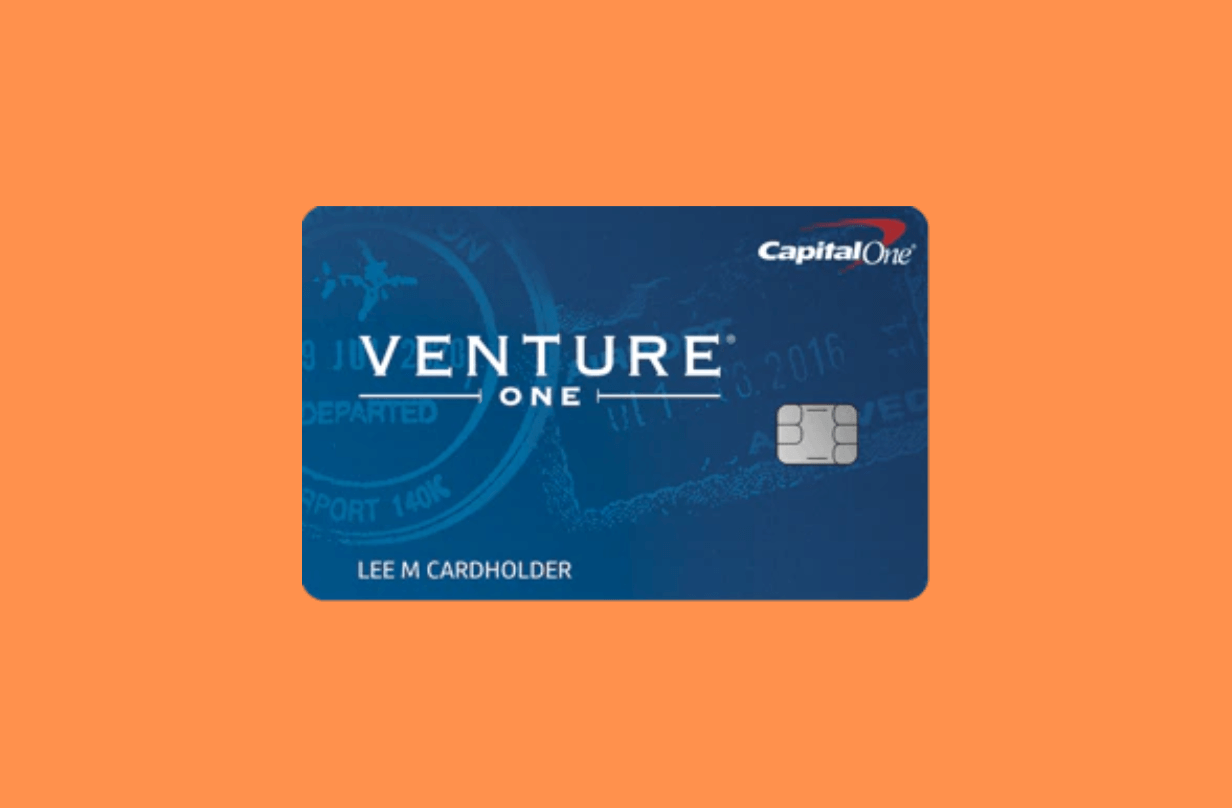You’ve been accepted to your dream college, but the sticker price is daunting. After exhausting all available federal aid options, you find yourself facing a significant financial gap. This is where private student loans often enter the picture, offering a seemingly straightforward solution to your funding needs. However, the reality of private student loans is more nuanced. While they can provide access to much-needed funds, they also come with their own set of challenges, including potentially higher interest rates and limited borrower protections.
Toc [Hide]
Understanding Private Student Loans

Private student loans are financial products provided by banks, credit unions, and other private lenders, distinct from federal student loans. Unlike federal loans, which typically have fixed interest rates and flexible repayment options, a student loan private can vary significantly in terms of interest rates, repayment terms, and borrower protections.
Key Differences Between Private and Federal Student Loans
Interest Rates: Private student loans often come with variable or fixed rates that depend on the borrower’s creditworthiness. Federal loans usually have fixed rates set by the government. For instance, in 2023, the interest rate for federal Direct Subsidized Loans for undergraduate students was fixed at 4.99% for loans disbursed after July 1st. This represents a significant increase from previous years, illustrating the potential fluctuation in federal loan rates.
Repayment Options: Federal loans offer a range of repayment plans, including income-driven repayment options. Private lenders may have more limited options and often require payments to begin immediately.
Borrower Protections: Federal loans provide protections like deferment, forbearance, and potential forgiveness programs. In contrast, private loans generally lack these benefits, placing more responsibility on the borrower.
Advantages and Disadvantages of Private Student Loans
Advantages:
Higher Borrowing Limits: With a private student loan, you can often borrow up to the full cost of attendance, making it a viable solution for high-cost institutions.
Competitive Interest Rates: Creditworthy borrowers may secure lower interest rates than those available through federal loans. For example, for borrowers with excellent credit scores (above 740), private student loans might offer rates as low as 4.5% APR, potentially lower than federal loan options.
Build Credit History: Responsible repayment of personal student loans can help establish a positive credit history.
Disadvantages:
Less Flexibility: Private loans usually lack the repayment flexibility and protections offered by federal loans.
Potentially Higher Costs: If you have a lower credit score, the interest rates on private loans can be significantly higher than federal options.
Eligibility for Private Student Loans

When you apply for a private student loan, lenders will consider several factors to assess your eligibility. Understanding these can improve your chances of securing the best education loan for your needs.
Key Factors Considered by Lenders
Credit History: A strong credit history is essential for loan approval as it reflects your reliability in repaying debts. Lenders assess your past borrowing behaviors, including on-time payments and outstanding debts, which can significantly influence the interest rate you receive. A solid credit history could also open doors to larger loan amounts or better loan terms.
Income: Lenders often require proof of income, such as pay stubs or tax returns, to ensure you can manage the loan payments comfortably. Demonstrating a stable and sufficient income helps reassure lenders that you are capable of meeting your financial obligations and reduces the risk of default.
Enrollment Status: To qualify for certain student loans, you must be enrolled in an eligible program at a recognized institution. This status verifies that you are actively pursuing education, which is a key factor in determining the type of financial assistance available to you.
Importance of a Cosigner
For many undergraduate students, having a creditworthy cosigner can significantly enhance their chances of loan approval and lead to securing better terms. A cosigner, typically a parent or guardian with a strong credit history, essentially agrees to take on the responsibility of the loan if the primary borrower is unable to make payments. This added security can help you qualify for lower interest rates, which can save you money over the life of the loan, and may also provide you with more favorable repayment options, making it easier to manage your financial commitments.
Tips to Improve Your Eligibility
Check Your Credit Score: Understanding your credit score is crucial for identifying areas that need improvement. This knowledge can empower you to take steps that lead to better loan terms and lower interest rates in the future. Consider using credit monitoring services to track your score regularly and stay informed about any changes.
Limit New Credit Applications: When you apply for new credit, lenders may conduct a hard inquiry on your credit report, which can temporarily lower your score. Therefore, it’s wise to apply for credit judiciously and only when necessary. Limiting these applications can help maintain a healthy credit profile and improve your chances of loan approval.
Pay Down Existing Debt: Reducing your overall debt load is a proactive step towards enhancing your credit score. Focus on paying off high-interest debts first, as this can free up more of your income for savings and loan payments. A lower debt-to-income ratio not only improves your credit score but also demonstrates to lenders that you are responsible with your financial obligations, making you a more attractive borrower.
When to Consider Private Student Loans

Before diving into private student loans, it’s crucial to exhaust all other financial aid options. This includes completing the Free Application for Federal Student Aid (FAFSA), applying for scholarships, and considering federal student loans.
Exceeding Federal Loan Limits
If you’ve reached the borrowing limits of federal student loans, private student loans can be an important resource to cover the remaining costs of your education. Unlike federal loans, which have set borrowing limits, private lenders often provide the flexibility to borrow up to the full cost of attendance, including tuition, living expenses, and other fees. This ensures that financial constraints do not hinder your educational pursuits. However, it’s essential to weigh the risks and benefits, as private loans lack the borrower protections inherent to federal loans, such as income-driven repayment plans and forgiveness options. Carefully assess your financial needs, potential career earnings, and your ability to repay before taking on additional debt through a private loan.
Attending High-Cost Institutions
Private student loans can be particularly beneficial for students attending high-cost institutions, such as private universities or specialized programs, where the cost of attendance far exceeds federal loan limits. In these scenarios, private loans can bridge the financial gap, ensuring you have access to the full range of educational opportunities without financial constraints. Oftentimes, these loans can cover expenses like advanced course materials, technological resources, or dormitory fees, which might not be fully accommodated by federal loans. However, it’s imperative to plan your financial future carefully, considering potential earnings from your chosen career path and ensuring manageable debt levels post-graduation. Remember that while private student loans offer supplementary financial support, they also carry an obligation to adhere to stringent repayment terms without the safety nets frequently available through federal assistance.
Unexpected Expenses
Sometimes, despite careful planning, students encounter unforeseen financial challenges that necessitate additional funding. In such instances, private student loans can be a vital resource to manage unexpected expenses. These could include emergency medical costs, major car repairs, or unanticipated changes in housing arrangements. As these expenses arise without warning, having the option to access private funding can provide a timely solution, allowing students to remain focused on their studies rather than being distracted by financial stress. However, it is crucial to borrow responsibly and only what is necessary, as increasing debt may place a significant burden on your future financial well-being. Prioritize evaluating all options, such as personal savings, part-time work, or family support, before committing to additional loans.
Choosing the Right Private Student Loan Lender

Selecting the right lender is crucial for maximizing your financial aid experience. Here are some factors to consider:
1. https://kiahaiduong-5s.com/archive/1653/
2. https://kiahaiduong-5s.com/archive/1650/
3. https://kiahaiduong-5s.com/archive/1654/
Comparing Lenders
When evaluating student loan private loans, consider the following:
Interest Rates: Look for the most competitive rates available for your credit profile.
Repayment Terms: Understand the length of the loan and any options for deferment or forgiveness.
Fees: Be aware of any origination or late payment fees that may apply.
Borrower Benefits: Some lenders offer perks like interest rate reductions for autopay or flexible repayment options. Many lenders now provide borrower benefits like interest rate discounts for on-time payments or autopay enrollment, which can significantly reduce the overall cost of borrowing.
Comparison Table of Popular Private Student Loan Providers
|
Lender |
Interest Rates (APR) |
Repayment Terms |
Borrower Benefits |
|---|---|---|---|
|
College Ave |
5.59% – 16.99% |
5, 8, 10, or 15 years |
Multi-Year Peace of Mind™, grace period options |
|
Sallie Mae |
5.59% – 16.99% |
10 – 15 years |
Multi-Year Advantage program, cosigner release |
|
Earnest |
5.59% – 16.99% |
5, 7, 10, 12, or 15 years |
No fees, ability to skip payments |
|
SoFi |
4.19% – 15.86% |
5, 7, 10, or 15 years |
Financial planning services, rate discounts |
|
Credible |
5.59% – 16.99% |
5 – 20 years |
Compare prequalified rates from multiple lenders |
|
ELFI |
3.98% – 14.22%
|
5, 7, 10, or 15 years |
Personalized support from advisors |
By comparing multiple lenders and understanding their offerings, you can find the best private student loan that aligns with your financial goals.
Applying for a Private Student Loan

The application process for a private student loan can seem overwhelming, but breaking it down into manageable steps can simplify the experience.
Gather Necessary Information
Before starting your application for a private student loan, it’s essential to compile all necessary documentation to streamline the process. Typically, you will need personal identification documents such as a driver’s license or state ID, your Social Security number, and recent pay stubs or proof of income. Additionally, gather financial information including your annual income, employment history, and any existing debts. If you are applying with a cosigner, you will also need their financial details. Having these documents ready can expedite the application process and ensure you provide accurate information, reducing the likelihood of hiccups or delays in securing your loan. By being well-prepared, you increase your chances of receiving favorable terms and conditions from your chosen lender.
Understanding the Application Process
Once you have gathered the necessary documents, the next step is to complete the application for your private student loan. Most lenders have online platforms that facilitate a streamlined application process. You’ll be required to fill out personal information forms and consent to a credit check. This credit check is crucial as it helps determine the interest rate you’ll be offered. If you don’t have a strong credit history or a steady income, applying with a cosigner can significantly improve your chances of approval and may help you secure a more favorable interest rate. During the application, carefully read all terms and conditions, clarifying any uncertainties with the lender before submitting. Upon acceptance, you will receive a loan offer detailing the interest rate, repayment terms, and any additional fees. After reviewing and accepting the loan terms, funds are typically disbursed directly to your educational institution. Remember, the goal is to borrow responsibly, ensuring that your loan aligns with both your immediate educational needs and long-term financial strategy.
Managing Loan Repayments
Once your private student loan funds have been disbursed and your education is underway, it’s essential to develop a strategic plan for managing your repayments. Begin by familiarizing yourself with the loan’s repayment terms and setting a clear budget that includes your expected monthly payments. It’s advisable to set up automatic payments from your bank account, as many lenders offer interest rate discounts for automatic or on-time payments. Establishing a dedicated savings account for your loan payments can also help in managing your finances efficiently, ensuring you always have funds allocated specifically for this purpose.
Exploring income-driven repayment plans is another strategy, although these are typically more associated with federal loans, some private lenders might offer flexibility in difficult financial times. Regularly reviewing your repayment plan is crucial, especially if your financial situation changes. Consider making extra payments when possible, as paying above the minimum can reduce the balance faster and lower the overall interest paid. Maintaining open communication with your lender will allow you to explore any available options should you encounter financial difficulties, ensuring you remain in good standing and avoid any penalties or negative impacts on your credit score. Prioritize staying informed and proactive to navigate the repayment process successfully.
Tips for Effective Loan Management
Create a Budget: Outline your expected expenses and determine the minimum amount you need to borrow.
Develop a Repayment Plan: Plan your repayment strategy in line with your anticipated post-graduation income.
Make On-Time Payments: Timely payments will help build your credit history and avoid penalties.
Explore Payment Options: If you encounter financial difficulties, investigate deferment or forbearance options, but be aware of the potential consequences.
Stay Informed: Keep track of your loan status, repayment terms, and any changes to your obligations.
By adopting a proactive approach to managing your personal student loans, you can mitigate the financial burden and focus on your academic and personal growth.
Frequently Asked Questions
What types of private student loans are available?
Private student loans can be categorized into various types, including fixed-rate loans, variable-rate loans, and loans with different repayment options. Each type has unique features that may suit different borrowers’ needs.
What common fees are associated with private student loans?
Common fees may include origination fees, late payment fees, and prepayment penalties. It’s essential to read the fine print and understand all potential costs before committing to a loan.
How can I find the best private student loan for my specific needs?
To find the best education loan, compare interest rates, repayment terms, borrower benefits, and customer reviews. Utilize online comparison tools to assess multiple lenders and their offerings.
What are the implications of having a cosigner on a private student loan?
Having a cosigner can improve your chances of approval and may lead to lower interest rates. However, it’s essential to understand that the cosigner is equally responsible for repayment.
What options are available for repaying private student loans?
Repayment options for private loans vary by lender but typically include standard repayment, graduated repayment, and income-driven repayment plans. Always review these options before finalizing your loan agreement.
Conclusion
Private student loans can be a valuable tool in financing your college education, but it’s essential to approach the process with care and diligence. By understanding the benefits, eligibility requirements, and application process, you can make an informed decision that aligns with your academic and financial goals. Remember to explore all available funding options, compare lenders, and develop a responsible borrowing and repayment plan to ensure a successful college experience and a smooth transition into your future.











